BRISBANE, Australia: Ensuring the formation of a solid soft-tissue seal at the dental abutment surface is crucial for protecting the underlying tissue from the microbial-rich oral environment. In recent years, nanotechnology has been increasingly applied in dentistry. Now, researchers from the University of Queensland have applied titania nanopores (TNPs) to the surface of titanium. The aim of the research is to modify dental implants with nanopores in order to enhance soft-tissue integration and wound healing.
“Poor integration between the implant and the surrounding tissue is one of the leading causes of dental implant failure,” said Dr Karan Gulati, from the university’s school of dentistry, in a press release. “If the sealing between the implant and the surrounding gum tissue fails it can result in bacteria entering the implant and causing infection.”
As a solution to this problem, the research team proposed the fabrication of nanopores—holes of 40–80 nm in diameter—to cover the entire surface of the dental implant abutment. Using electrochemical anodisation, the researchers fabricated mechanically robust TNPs on titanium surfaces. These were compared with clinically relevant titanium controls, and an improved cell viability was observed on the TNPs. According to Gulati, the soft-tissue cells attached well on to the nanopores, resulting in enhanced soft-tissue seal formation.
Dental implant failure represents an economic and health burden in Australia, Gulati stressed. “The failure rate of dental implants is generally 5% to 10%, and for smokers it can be up to 20%,” he said. “Failure is more common in older patients, smokers, people with poor oral hygiene, and those with ongoing health conditions, such as diabetes and osteoporosis,” Gulati explained. Thus, implant failure further increases the financial burden for patients as there are additional expenses on top of the cost of the original implant.
Gulati is hopeful that human trials will begin next year: “We have optimised the protocols and the therapies, now we are ready to turn the research into reality.” Gulati added, “We are currently seeking funding to enable us to purchase additional equipment and recruit staff so that clinical translation can commence.”
The study, titled “Anodized anisotropic titanium surfaces for enhanced guidance of gingival fibroblasts”, was published in the July 2020 issue of Materials Science and Engineering: C.
Tags:
Crestal bone stability around dental implants remains one of the most important features of successful implant treatment. Besides major clinical advantages ...
NEW YORK, U.S.: The importance of soft tissue in implant dentistry is often underestimated. In an upcoming free Dental Tribune Study Club webinar on Friday,...
LUCERNE, Switzerland: Earlier this year, 43 leading experts from three organisations participated in a unique consensus meeting. The aim of the meeting was ...
BUFFALO, N.Y., US: Formation of an effective soft-tissue seal around dental implants can be supported by modifying implant surfaces. A research team from ...
NEW YORK. U.S.: Minimally invasive dentistry has well and truly become a mainstream idea, and dental professionals around the world are dedicating countless...
LEIPZIG, Germany: It is said that it is the small things that make a big difference. This applies literally to the field of nanotechnology, which over the ...
SEOUL, South Korea: Osstem Implant, one of the world’s leading dental implant manufacturers, has published a new consensus statement outlining prosthetic ...
At the International Osteology Symposium, just around the corner, dental professionals will be diving into the current trends in oral regeneration. Among ...
PITTSBURGH, U.S.: Owing to its favorable properties, titanium is widely used in dental implants. However, metal-based implants made of titanium often ...
SINGAPORE: Gingival tissue grafting is a well-established procedure in periodontal therapy; however, conventional techniques are often associated with ...
Live webinar
Tue. 3 March 2026
8:00 pm EST (New York)
Dr. Vasiliki Maseli DDS, MS, EdM
Live webinar
Wed. 4 March 2026
12:00 pm EST (New York)
Munther Sulieman LDS RCS (Eng) BDS (Lond) MSc PhD
Live webinar
Wed. 4 March 2026
1:00 pm EST (New York)
Live webinar
Wed. 4 March 2026
8:30 pm EST (New York)
Lancette VanGuilder BS, RDH, PHEDH, CEAS, FADHA
Live webinar
Fri. 6 March 2026
3:00 am EST (New York)
Live webinar
Tue. 10 March 2026
4:00 am EST (New York)
Assoc. Prof. Aaron Davis, Prof. Sarah Baker
Live webinar
Tue. 10 March 2026
8:00 pm EST (New York)
Dr. Vasiliki Maseli DDS, MS, EdM



 Austria / Österreich
Austria / Österreich
 Bosnia and Herzegovina / Босна и Херцеговина
Bosnia and Herzegovina / Босна и Херцеговина
 Bulgaria / България
Bulgaria / България
 Croatia / Hrvatska
Croatia / Hrvatska
 Czech Republic & Slovakia / Česká republika & Slovensko
Czech Republic & Slovakia / Česká republika & Slovensko
 France / France
France / France
 Germany / Deutschland
Germany / Deutschland
 Greece / ΕΛΛΑΔΑ
Greece / ΕΛΛΑΔΑ
 Hungary / Hungary
Hungary / Hungary
 Italy / Italia
Italy / Italia
 Netherlands / Nederland
Netherlands / Nederland
 Nordic / Nordic
Nordic / Nordic
 Poland / Polska
Poland / Polska
 Portugal / Portugal
Portugal / Portugal
 Romania & Moldova / România & Moldova
Romania & Moldova / România & Moldova
 Slovenia / Slovenija
Slovenia / Slovenija
 Serbia & Montenegro / Србија и Црна Гора
Serbia & Montenegro / Србија и Црна Гора
 Spain / España
Spain / España
 Switzerland / Schweiz
Switzerland / Schweiz
 Turkey / Türkiye
Turkey / Türkiye
 UK & Ireland / UK & Ireland
UK & Ireland / UK & Ireland
 Brazil / Brasil
Brazil / Brasil
 Canada / Canada
Canada / Canada
 Latin America / Latinoamérica
Latin America / Latinoamérica
 USA / USA
USA / USA
 China / 中国
China / 中国
 India / भारत गणराज्य
India / भारत गणराज्य
 Pakistan / Pākistān
Pakistan / Pākistān
 Vietnam / Việt Nam
Vietnam / Việt Nam
 ASEAN / ASEAN
ASEAN / ASEAN
 Israel / מְדִינַת יִשְׂרָאֵל
Israel / מְדִינַת יִשְׂרָאֵל
 Algeria, Morocco & Tunisia / الجزائر والمغرب وتونس
Algeria, Morocco & Tunisia / الجزائر والمغرب وتونس
 Middle East / Middle East
Middle East / Middle East
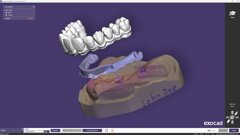


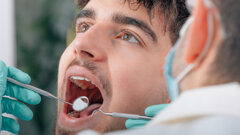
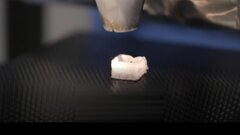
















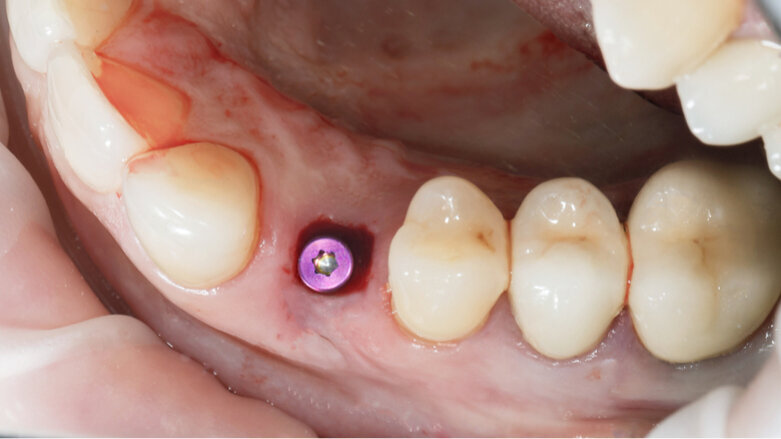



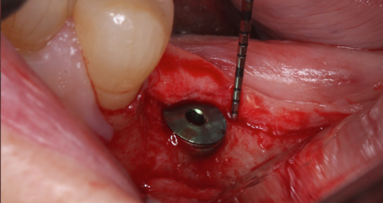
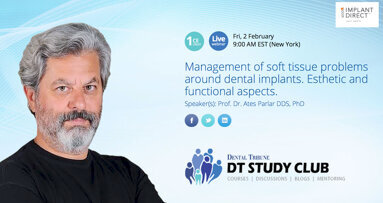
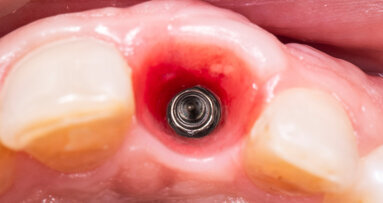
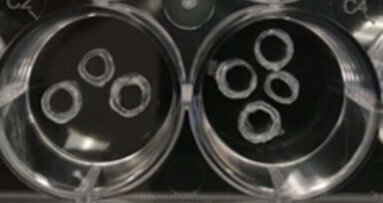
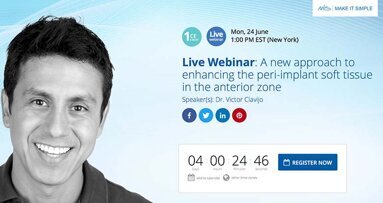
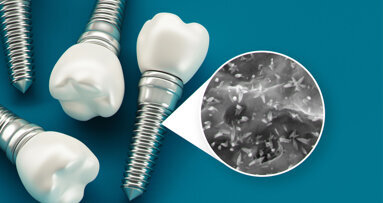
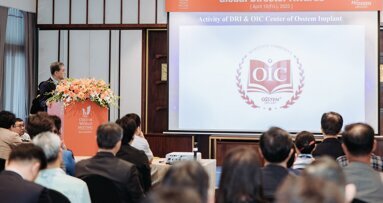

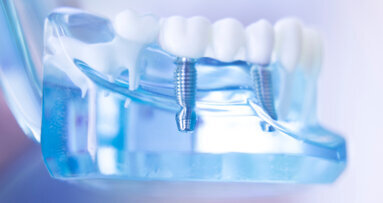
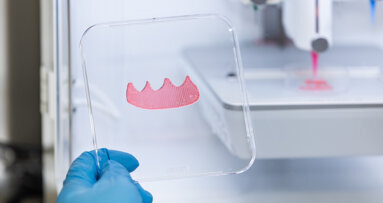








To post a reply please login or register